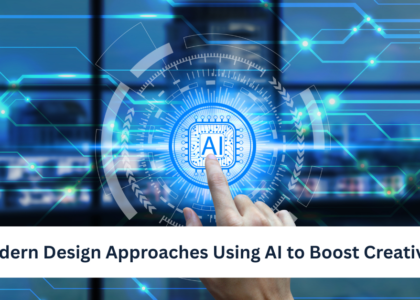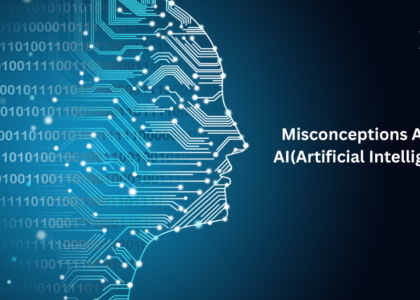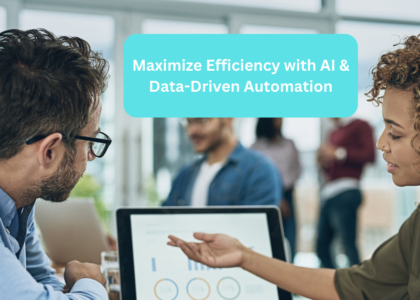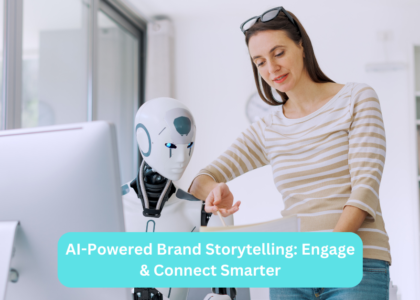In today’s competitive business landscape, companies are increasingly leveraging artificial intelligence (AI) to enhance their marketing strategies. AI-driven marketing tools allow businesses to analyze consumer behavior, personalize content, and optimize campaigns more efficiently than traditional methods. This article explores AI marketing strategies that drive business development and growth, ensuring a competitive edge in the digital marketplace.
AI Marketing Strategies for Business Growth
1. Personalization and Customer Experience
AI enables businesses to personalize customer interactions based on user data and behavior. By using machine learning algorithms, companies can analyze purchase history, browsing habits, and social media activity to deliver tailored recommendations, emails, and advertisements.
Benefits:
- Enhances customer engagement
- Increases conversion rates
- Strengthens brand loyalty
2. Chatbots and AI-Powered Customer Support
Chatbots powered by AI provide real-time assistance to customers by answering queries, guiding purchases, and troubleshooting issues. These virtual assistants reduce response times, improve customer satisfaction, and operate 24/7 without requiring human intervention.
Examples:
- AI chatbots for e-commerce websites
- Virtual assistants for service-based industries
- Automated social media responses
Benefits:
- Reduces operational costs
- Enhances customer service efficiency
- Improves response time and user satisfaction

3. Predictive Analytics for Data-Driven Decisions
AI-driven predictive analytics enables businesses to anticipate consumer trends and behaviors. Companies can use this data to forecast demand, segment customers, and optimize marketing campaigns accordingly.
Applications:
- Sales forecasting
- Customer segmentation
- Targeted advertising
Benefits:
- Helps in better decision-making
- Improves resource allocation
- Enhances marketing effectiveness
4. AI-Optimized Content Marketing
AI tools can analyze vast amounts of data to determine what type of content resonates with specific audiences. Marketers can leverage AI to create compelling blog posts, social media content, and video marketing strategies tailored to their target audience.
Key Tools:
- AI content generators
- Sentiment analysis tools
- Automated social media scheduling
Benefits:
- Increases content relevance and engagement
- Saves time in content creation
- Enhances content strategy through data insights

5. Voice Search Optimization
With the rise of voice-activated assistants like Siri, Alexa, and Google Assistant, optimizing content for voice search has become crucial. AI helps businesses refine their SEO strategies to align with voice search queries, ensuring higher search rankings and better visibility.
Best Practices:
- Use natural language in content
- Focus on long-tail keywords
- Optimize for local search
Benefits:
- Increases website traffic from voice search users
- Improves search engine rankings
- Enhances user experience
6. AI-Powered Email Marketing
AI enhances email marketing by analyzing customer interactions and segmenting audiences based on their preferences. AI-driven email automation allows businesses to send personalized messages at the right time, boosting engagement and conversion rates.
Features:
- Automated email sequencing
- Predictive email subject lines
- Dynamic content recommendations
Benefits:
- Increases email open and click-through rates
- Improves email campaign performance
- Saves time through automation

7. AI in Social Media Marketing
AI tools analyze social media engagement patterns to optimize content distribution, monitor brand sentiment, and identify trends. By leveraging AI-powered social listening, businesses can respond proactively to customer feedback and enhance brand reputation.
Strategies:
- AI-driven influencer marketing
- Sentiment analysis
- Automated content curation
Benefits:
- Enhances brand visibility and reputation
- Optimizes social media content strategy
- Increases audience engagement
8. AI-Driven Advertising
Programmatic advertising, powered by AI, allows businesses to automate ad placements based on user behavior. AI ensures that ads reach the right audience at the optimal time, maximizing return on investment (ROI).
Types of AI Advertising:
- Google Ads automation
- AI-driven social media ads
- Real-time bidding (RTB) platforms
Benefits:
- Increases ad efficiency and performance
- Reduces advertising costs
- Enhances targeting precision
FAQs
How can AI improve marketing efficiency?
AI automates repetitive tasks, provides data-driven insights, and optimizes customer interactions, making marketing processes more efficient and cost-effective.
What are the best AI tools for marketing?
Popular AI marketing tools include ChatGPT for content creation, HubSpot for email automation, and Hootsuite for social media management.
Is AI marketing suitable for small businesses?
Yes, small businesses can use AI-powered tools like chatbots, automated email marketing, and social media analytics to enhance their marketing efforts on a budget.
How does AI impact SEO?
AI improves SEO by analyzing search trends, optimizing content for voice search, and providing keyword recommendations to improve website rankings.
What are the risks of AI in marketing?
Challenges include data privacy concerns, potential bias in AI algorithms, and over-reliance on automation, which can impact the human touch in marketing.
Conclusion
AI marketing strategies are revolutionizing business development and growth by improving customer experience, optimizing campaigns, and increasing engagement. Businesses that embrace AI-driven tools can enhance their marketing efforts, gain valuable insights, and stay ahead of the competition.
The integration of AI in marketing not only streamlines operations but also enhances decision-making capabilities. Companies leveraging AI can tailor their marketing approaches with precision, ensuring maximum impact on their target audience. The use of AI-driven predictive analytics allows businesses to anticipate market trends and consumer needs, resulting in higher efficiency and better resource allocation.
Moreover, AI fosters innovation by enabling brands to experiment with new marketing techniques, automate mundane tasks, and focus on strategy and creativity. With AI-driven customer engagement, businesses can provide a seamless and personalized experience, thereby fostering customer loyalty and increasing brand credibility.
While AI marketing presents numerous opportunities, businesses should also be mindful of ethical considerations such as data privacy and algorithm biases. A well-balanced approach that combines AI efficiency with human insight ensures sustainable growth and a strong brand presence.






